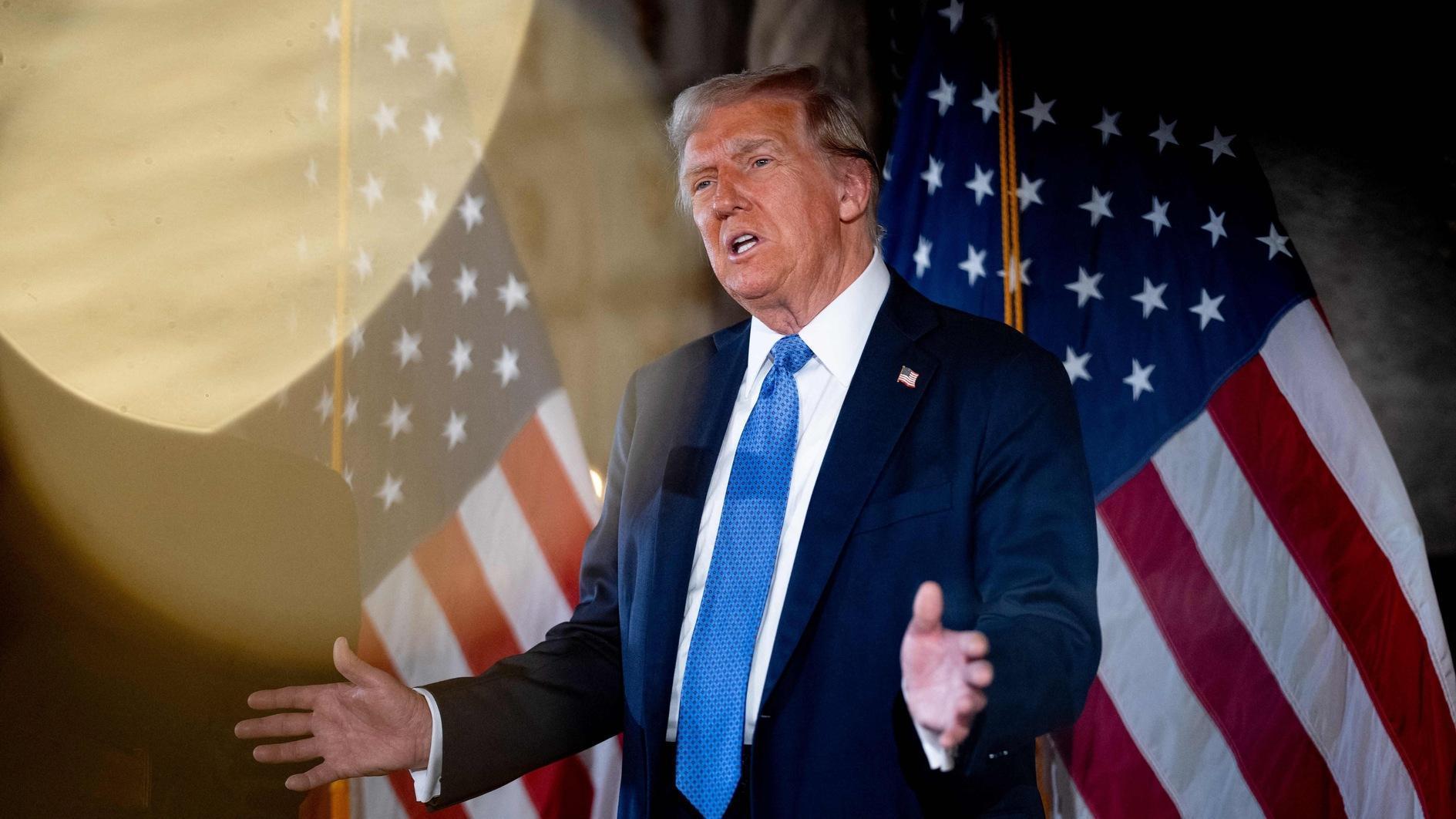
U.S. President Donald Trump on March 25 ordered tighter controls on federal elections, including requiring proof of citizenship when registering to vote, as the Republican continues to attack a system he insists remains tilted against him.
Experts swiftly denounced his executive order as an abuse of presidential power that could ultimately prevent millions of Americans from casting ballots, and rights groups already have vowed to challenge it in court.
Trump, now in his second term, has never acknowledged his defeat to Joe Biden in the 2020 presidential election, and he maintains baseless claims of massive election fraud, particularly in absentee voting, a method which has become widely used across the United States.
"Perhaps some people think I shouldn't be complaining, because we won in a landslide" last November, Trump said as he signed the executive order in the White House.
"But we've got to straighten out our election. This country is so sick because of the election, the fake elections," he said. "And we're going to straighten it out, one way or the other."
The new rules will require proof of citizenship to be presented, through documents such as a passport, when registering to vote in one's state of residence. U.S. states that fail to comply with the directive could see cuts to their federal election funding.
For law professor Richard Hasen of the University of California, Los Angeles, this "dangerous" executive order could "potentially disenfranchise millions of voters."
The powerful civil liberties group ACLU also slammed the order as "an extreme abuse of power" and suggested legal challenges would be filed. "We'll see him in court," it said.